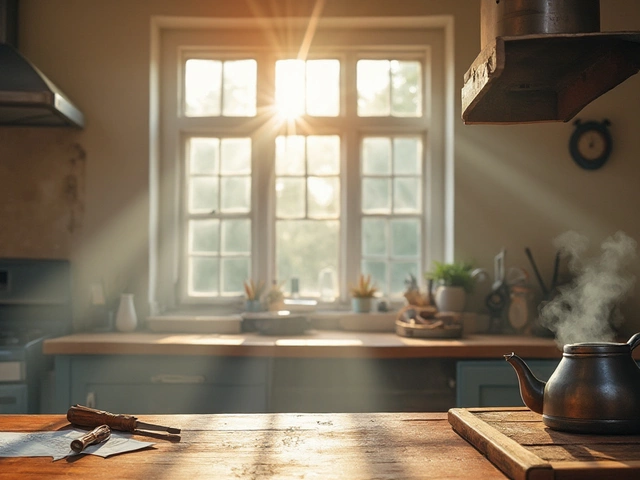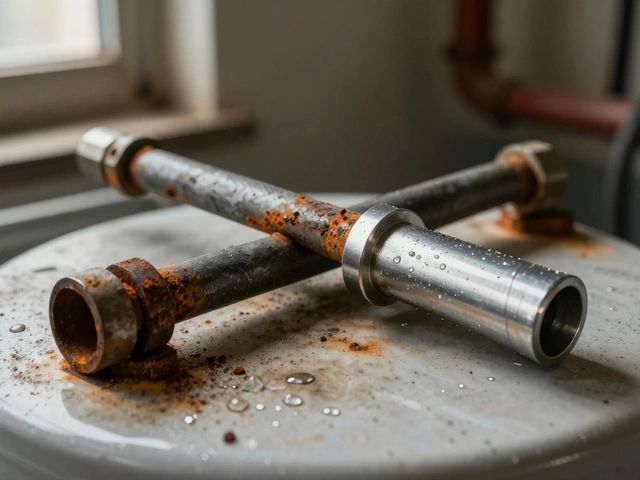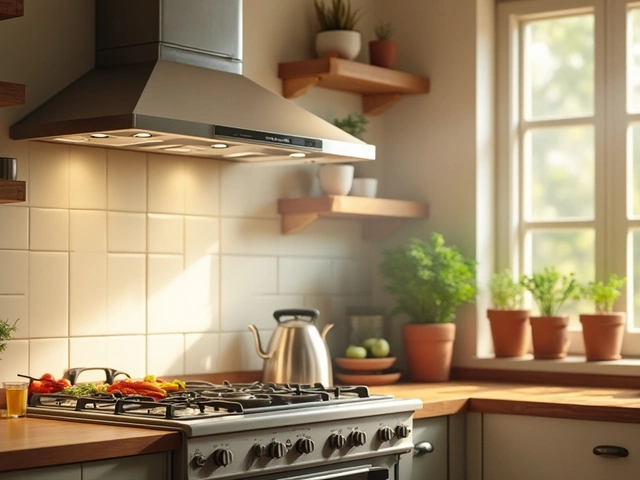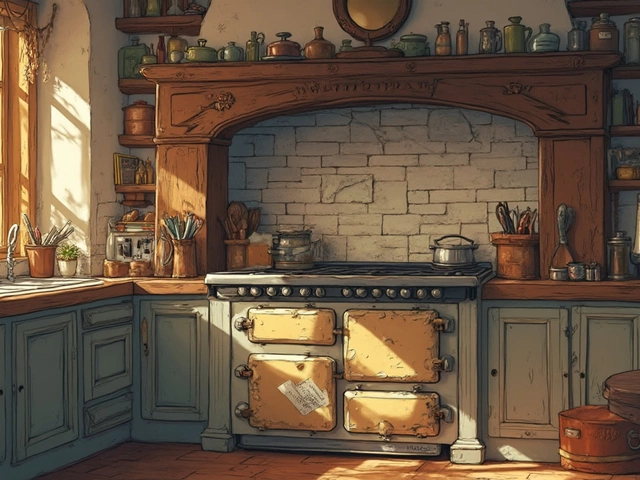If you step into the shower and feel an icy blast, you don’t have to call a plumber right away. Most cold‑shower problems can be spotted and solved with a few quick checks. Below are the most common reasons why your shower is cold and what you can do about them.
Start with the obvious: make sure the water heater is running. Look at the control panel – is the power light on? If you have a gas tank, check that the pilot light is lit. A tripped breaker or a blown fuse can also cut power to an electric heater. Reset the breaker, replace a fuse, or relight the pilot, then wait a few minutes for the tank to heat up.
Many modern water heaters let you set the temperature with a dial or digital readout. If it’s set too low (under 120°F/49°C), your shower will feel lukewarm or cold. Raise the setting a few degrees, but stay below 140°F (60°C) to avoid scalding risks. After adjusting, give the heater about 30 minutes to reach the new temperature.
If you have a tankless system, make sure the flow rate isn’t too high for the unit. Reduce the faucet’s flow or clean the showerhead’s filter to improve heat transfer.
The mixing valve blends hot and cold water. Over time, mineral buildup can jam the cartridge so that only cold water gets through. Turn off the water supply, remove the valve handle, and pull out the cartridge. Soak it in vinegar for an hour, then rinse and reinstall. If the cartridge is cracked or corroded, replace it – they’re inexpensive and widely available at hardware stores.
Some showers use a TMV to keep the water at a safe temperature. A stuck TMV can default to cold. Like the shower cartridge, you can often clean it with vinegar or replace it altogether. Check the manufacturer’s manual for specific removal steps.
Air trapped in the pipes or a sediment‑filled heater can disrupt hot water flow. Run the hottest tap in the house for a few minutes to clear air. For a water heater, drain a few gallons (use a bucket) and let fresh water fill the tank. This can restore proper heating efficiency.
If you’ve tried the steps above and the shower is still cold, the issue may be more serious. Faulty heating elements, a broken thermostat inside the water heater, or a leaking pipe hidden behind walls require professional tools and expertise. Also, if you smell gas, see water pooling, or notice rust in the water, shut off the supply and call a licensed plumber or heating engineer immediately.
Remember, regular maintenance—flushing the heater once a year, cleaning showerheads, and checking valve function—prevents most cold‑shower headaches. With these quick checks, you can often solve the problem yourself and keep your bathroom running smoothly.

Frustrated by cold water instead of a hot shower? This guide breaks down the most common reasons your hot water is running cold, with simple fixes anyone can try at home.

Extractor fans are essential for maintaining air quality in enclosed spaces like kitchens and bathrooms. When these fans break down, they can lead to moisture buildup and unpleasant odors. This guide offers practical advice on fixing a broken extractor fan, providing step-by-step instructions that any homeowner can follow. Learn how to diagnose common issues and the tools needed to restore your fan to working order.

Replace your water heater's anode rod every 1-2 years in hard water areas to prevent tank corrosion. A simple £20 part can save you hundreds in repairs.

Wondering who fixes extractor fans? Find out which trade has the right skills, top repair tips, and practical advice for solving extractor fan issues fast.

Extractor fans play a crucial role in maintaining the air quality of your home, yet often go unnoticed until issues arise. Regular servicing of extractor fans can prevent malfunction, improve efficiency, and extend the lifespan of the device. This article explores the importance of servicing extractor fans, signs that show when a service might be needed, and provides maintenance tips to keep these devices in tip-top condition. Learn how a well-maintained extractor fan can contribute to a healthier living environment.

Figuring out whether to repair or replace a 10-year-old range can save money and hassle. This article explores cost considerations, common issues, and when to opt for repair versus replacement. Additionally, discover maintenance tips to extend your range’s life. Make informed decisions with a detailed look into repair pros and cons. Navigate the world of kitchen appliances with confidence.